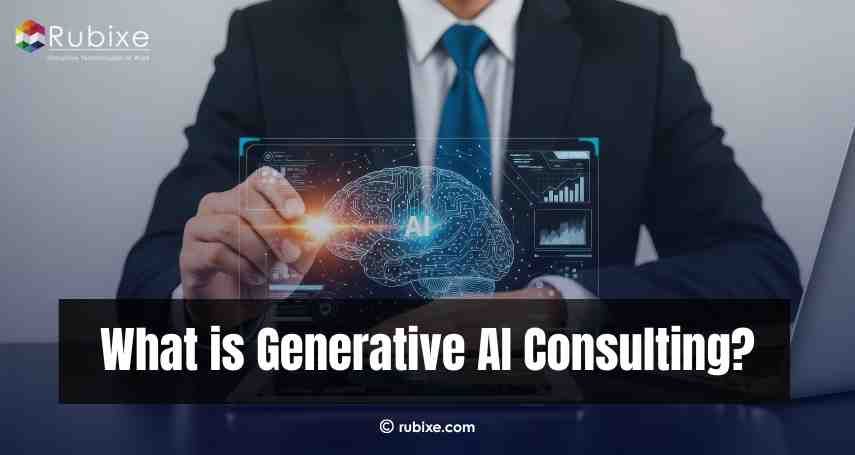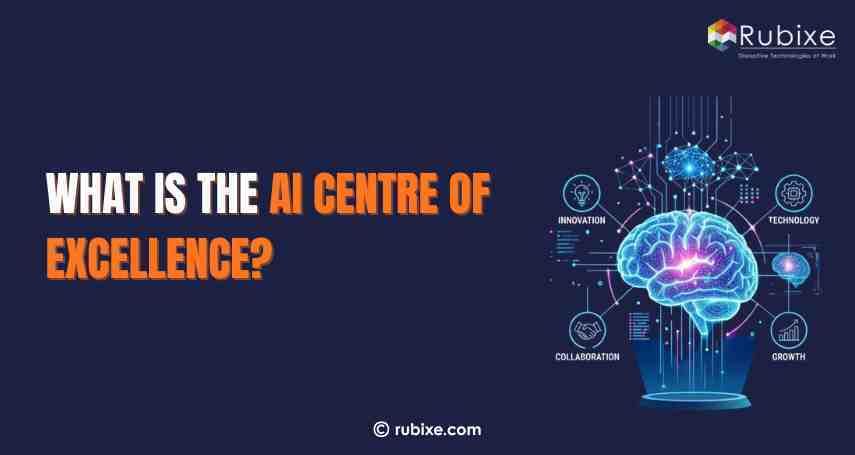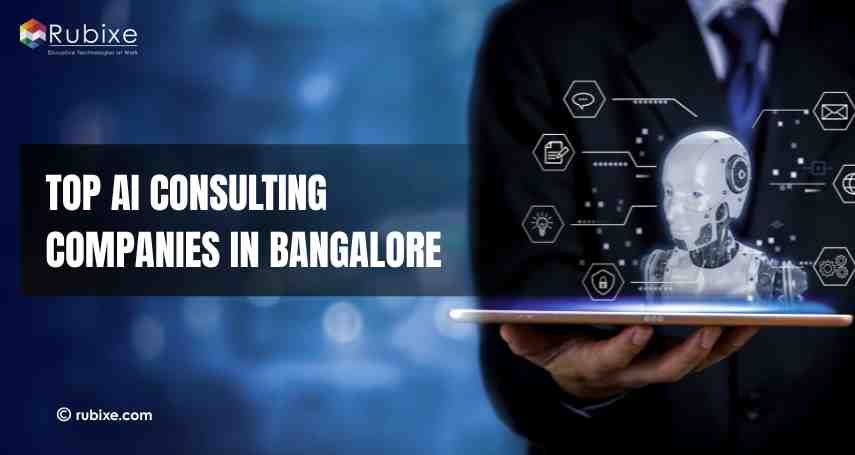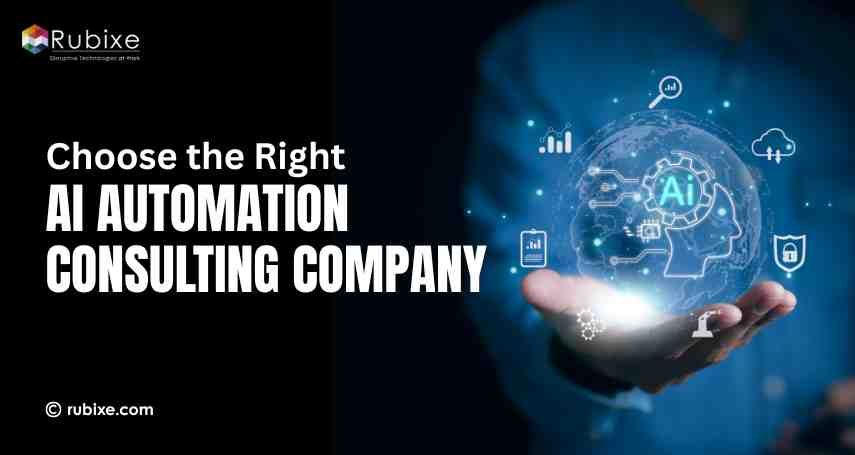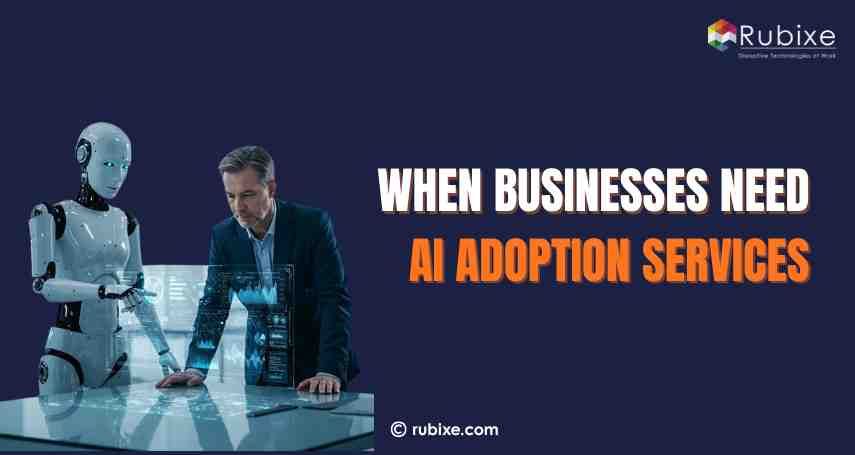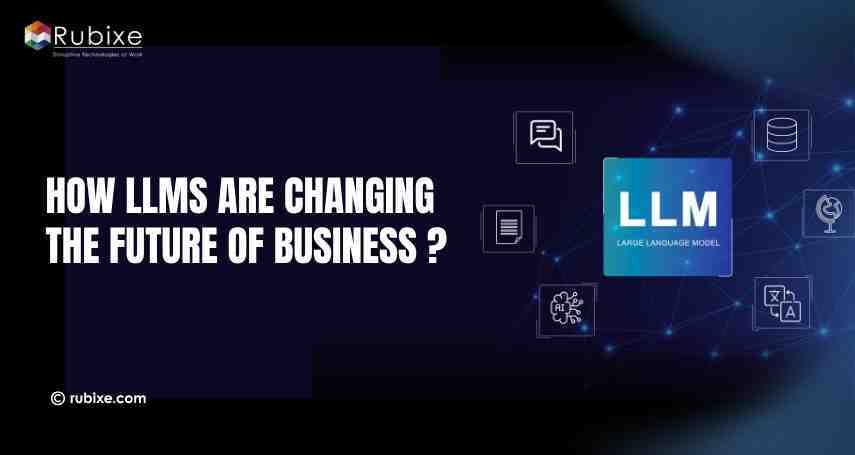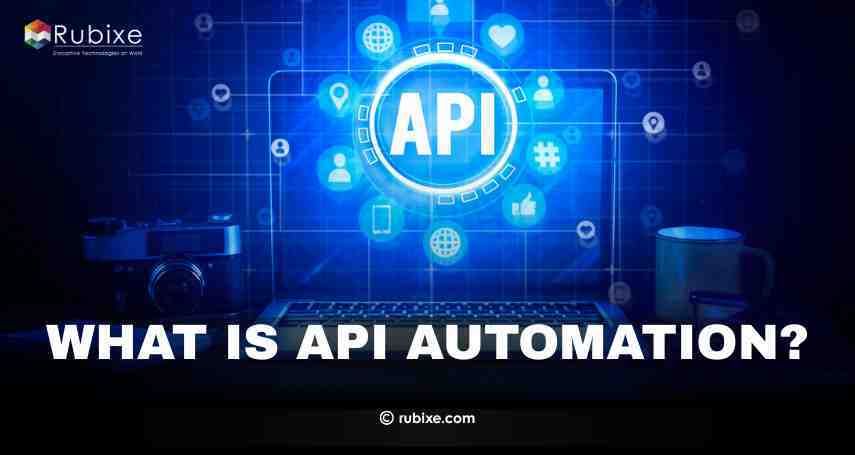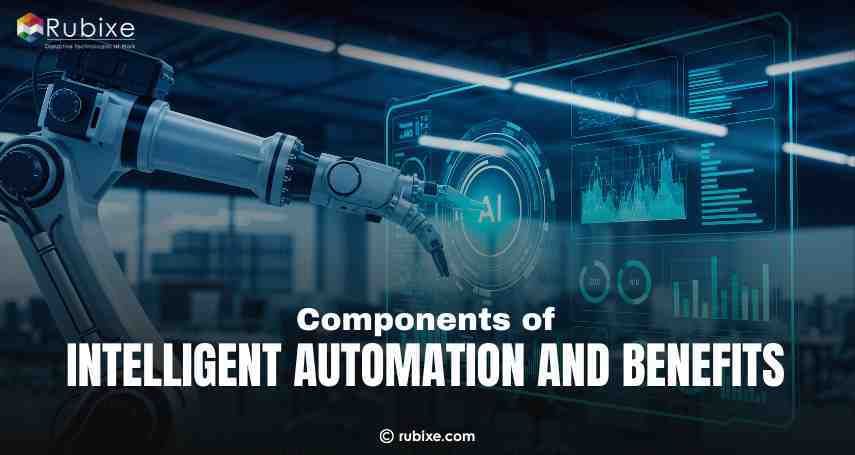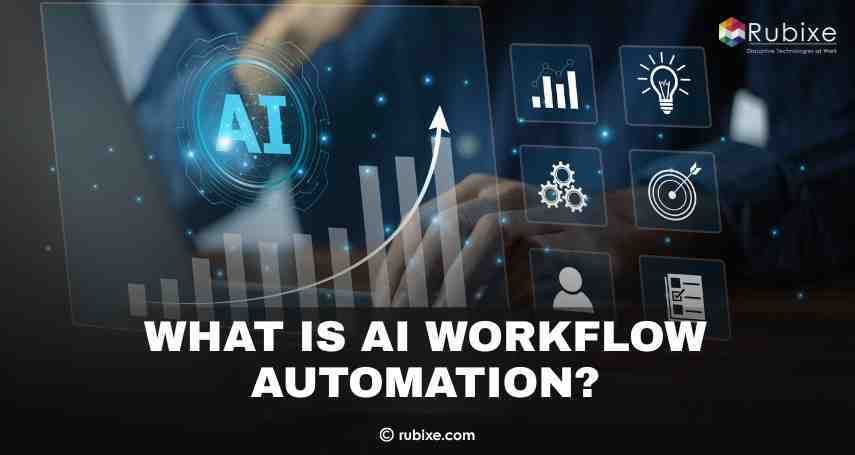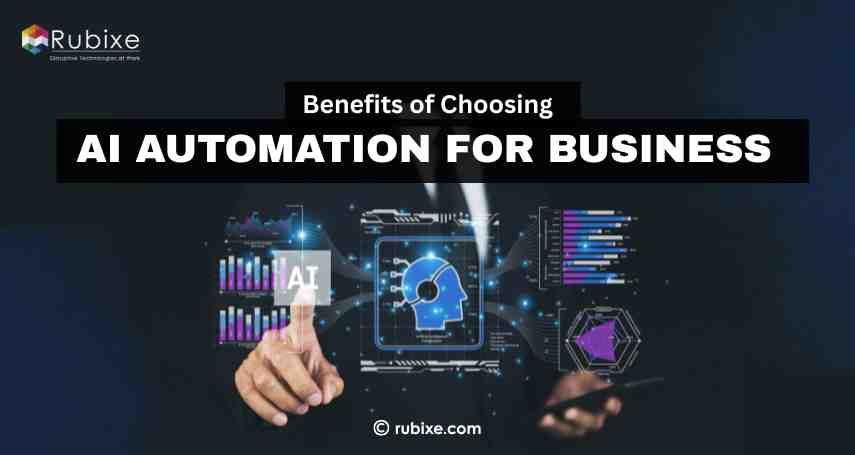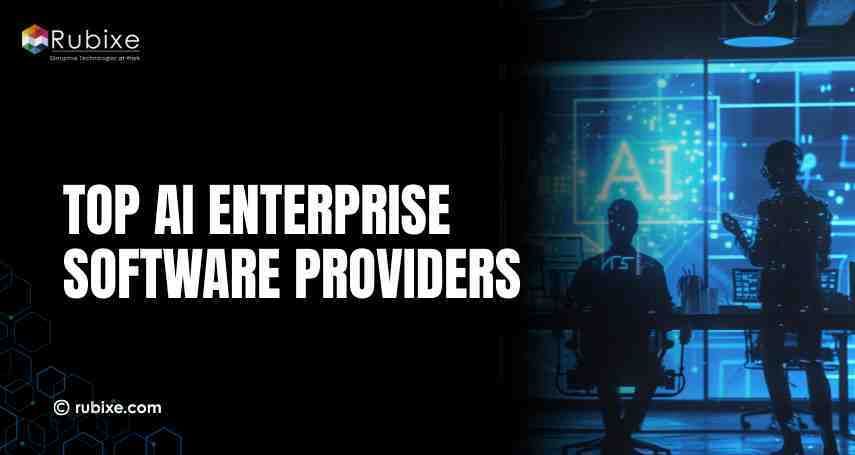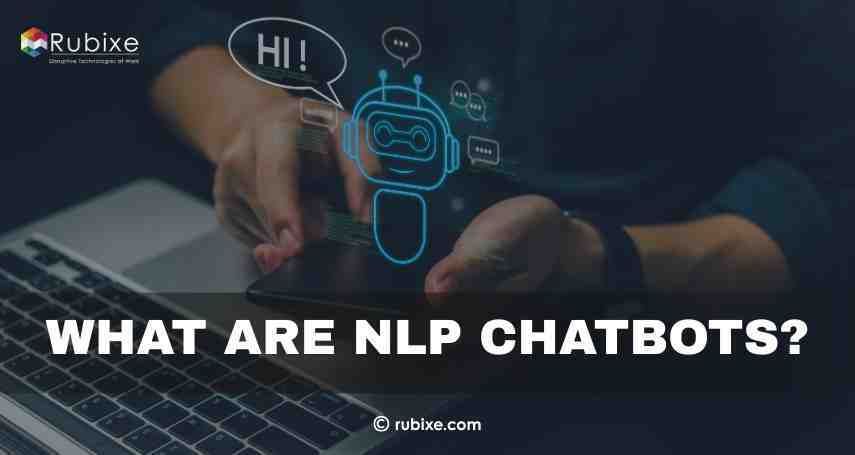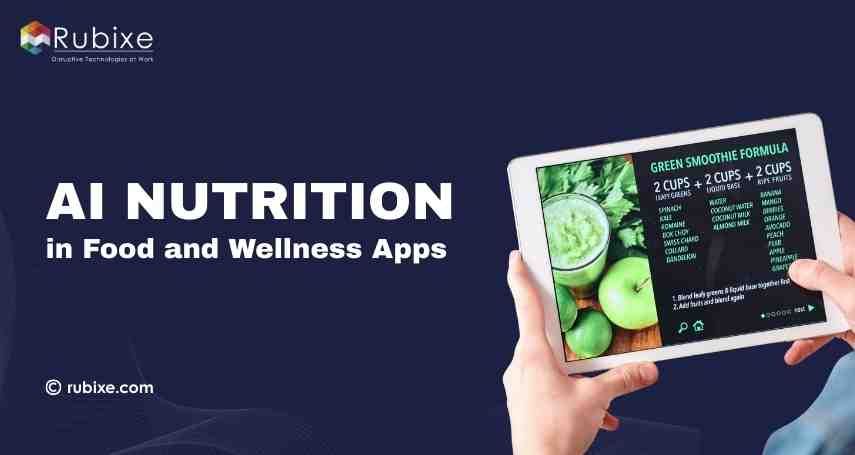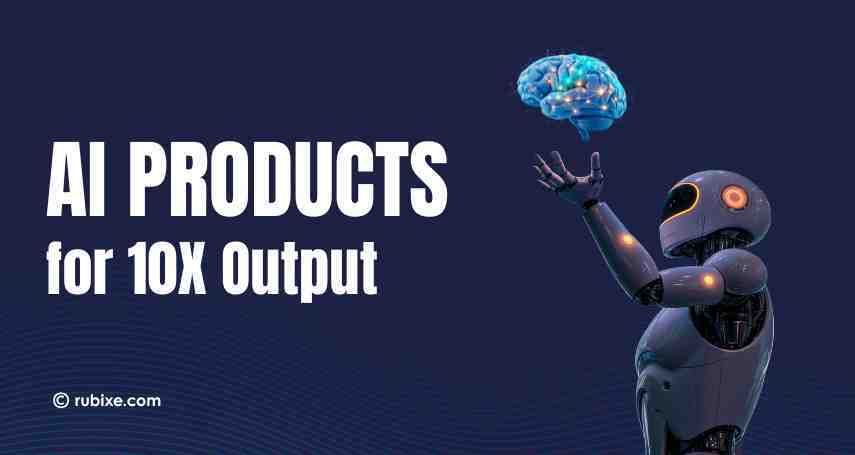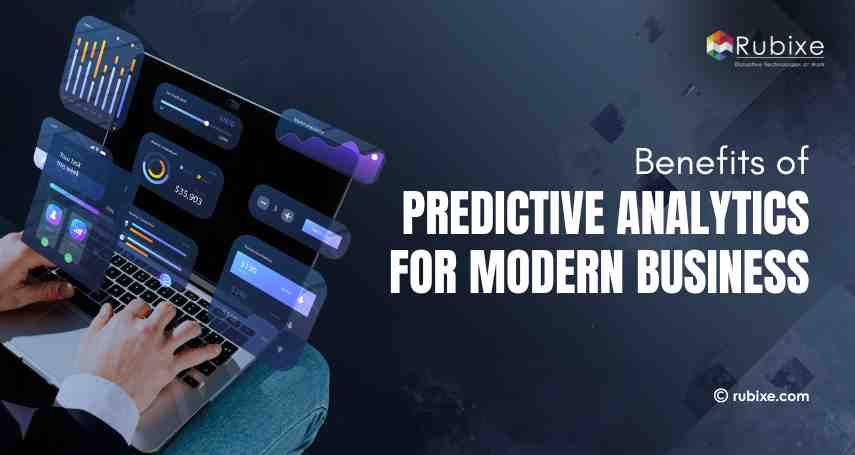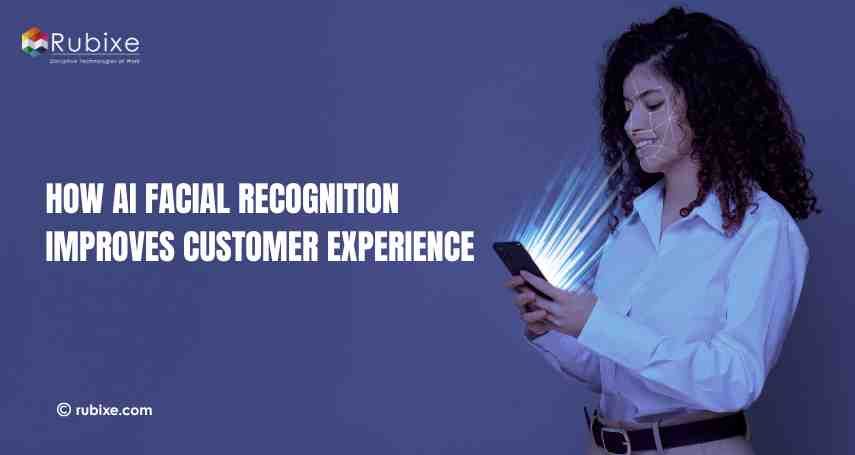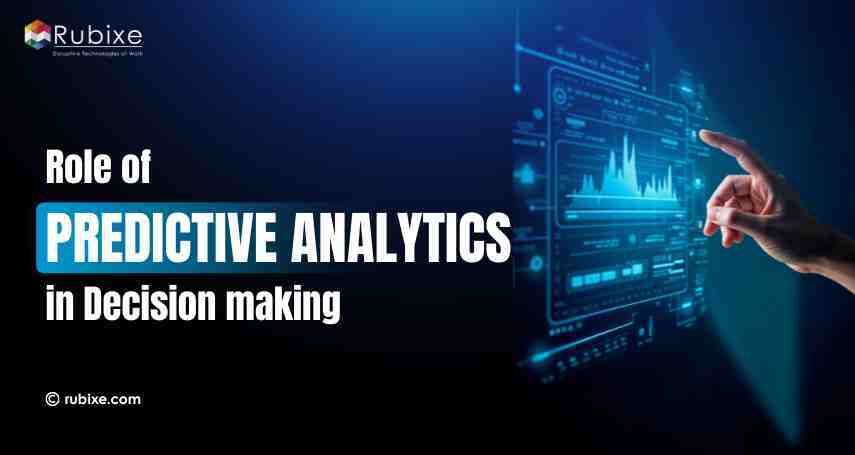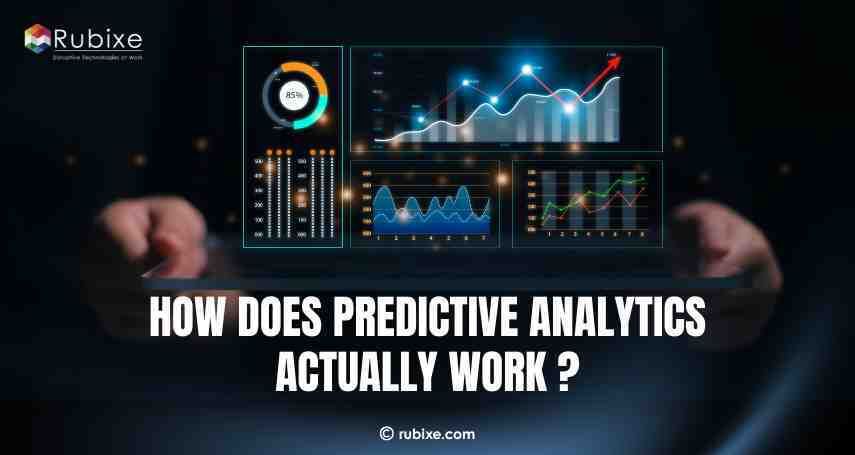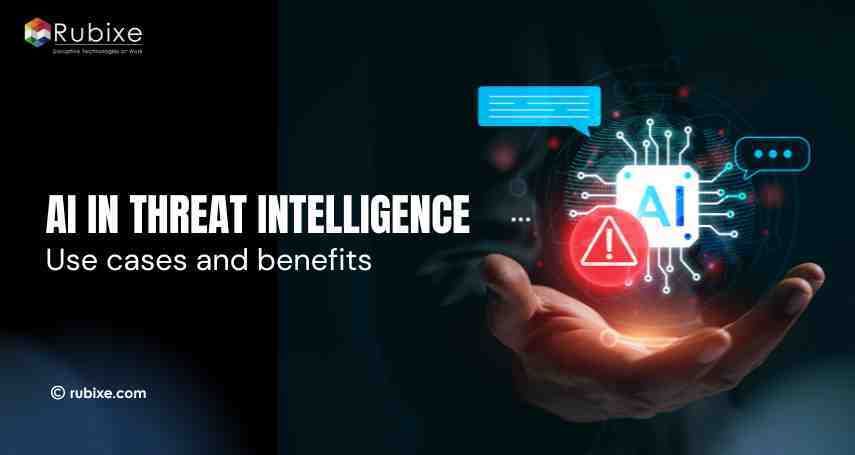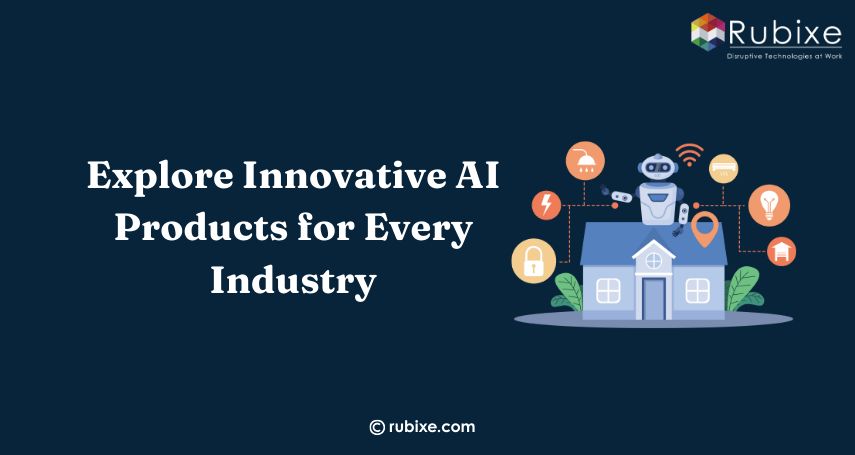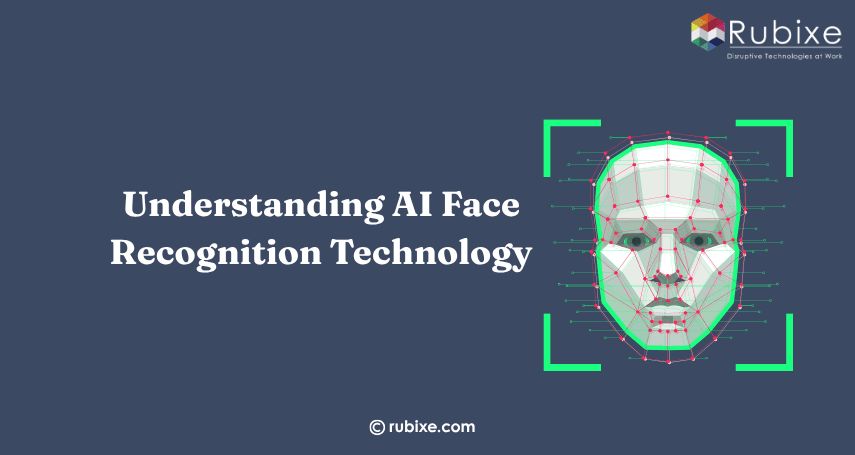AI Nutrition Management: A Consulting Approach
AI nutrition management consulting helps businesses create smart, data-driven solutions for personalized diets, health tracking, and efficient meal planning.
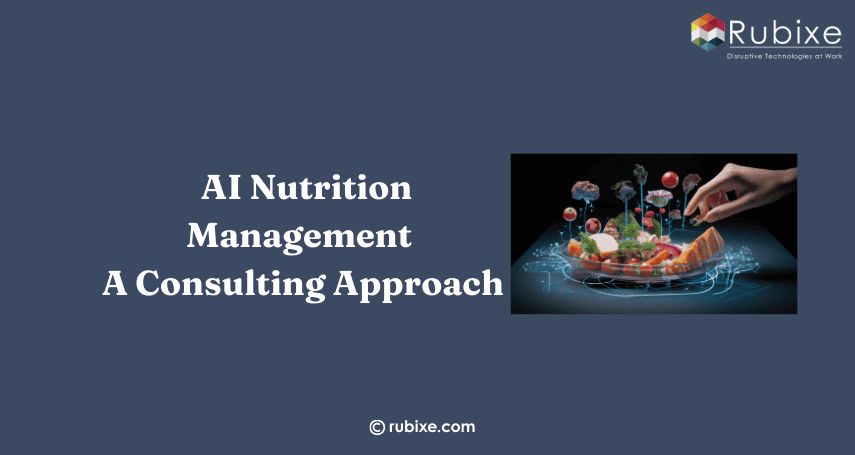
Artificial Intelligence (AI) is making a big impact across many areas, including nutrition and health. As more people look for personalized and easier ways to stay healthy, businesses are using AI to make nutrition planning smarter and more efficient. AI can help create customized diet plans, track health goals, and offer advice based on real data. For companies interested in using this technology, working with AI consulting can help design and build the right solutions to meet both business and customer needs.
Understanding AI Nutrition Management
AI nutrition management refers to the use of artificial intelligence technologies to plan, monitor, and optimize dietary habits and nutritional intake. This includes personalized diet plans, real-time tracking, predictive analysis, and even automated coaching. AI tools analyze user data such as age, weight, health conditions, activity levels, and food preferences to provide tailored nutrition recommendations.
Why AI Consulting Matters in Nutrition Management
Building an effective AI-powered nutrition system requires a mix of technical expertise, domain knowledge, and a deep understanding of user needs. AI consulting firms bring all of these elements together. Here are some key roles AI consultants play:
-
Defining Use Cases: Consultants help businesses identify the best opportunities for AI in nutrition, from personal meal planning to large-scale health monitoring.
-
Data Strategy: They create data collection and preprocessing pipelines to ensure clean, usable data for training AI models.
-
Model Development: Consultants develop machine learning models for food recognition, calorie estimation, nutrient tracking, and behavior prediction.
-
System Integration: They ensure seamless integration of AI tools with mobile apps, fitness trackers, or healthcare platforms.
-
Compliance and Ethics: AI consultants make sure systems meet regulatory standards and handle sensitive health data responsibly.
Key AI Technologies Powering Nutrition Management
Several AI technologies are involved in building smart nutrition systems. Consultants tailor these based on specific business needs:
-
Machine Learning (ML): For learning patterns in dietary behavior and predicting nutritional needs.
-
Natural Language Processing (NLP): Enables chatbots to understand user queries and provide dietary advice.
-
Computer Vision: For identifying food items and estimating portion sizes through image recognition.
-
Recommendation Engines: Suggest meals, recipes, or nutrition plans tailored to user preferences and health goals.
-
Predictive Analytics: Forecasts potential nutritional deficiencies or health risks.
Real-Life Applications of AI Nutrition Management
AI nutrition management is being applied in various sectors:
-
Health and Wellness Apps: Apps like MyFitnessPal and Noom use AI to analyze user data and offer personalized advice.
-
Healthcare Providers: Doctors use AI tools to help manage patients with diabetes, obesity, or cardiovascular issues.
-
Fitness Brands: Companies like Fitbit integrate AI nutrition tracking with physical activity monitoring.
-
Food Delivery Services: Platforms suggest meals based on users’ health data and preferences.
-
Corporate Wellness Programs: Employers use AI nutrition systems to improve employee health and productivity.
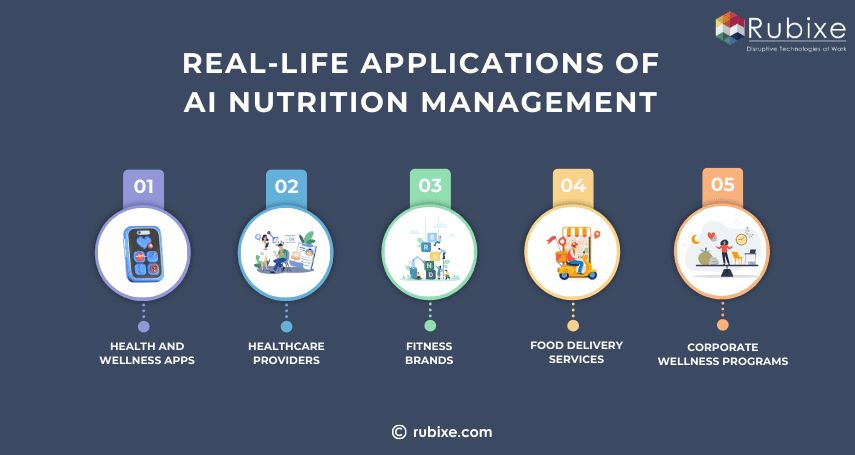
How AI Consultants Drive Success in Nutrition Projects
AI consulting services are critical at every stage of a nutrition AI project. Here’s how they add value:
Strategy & Planning
AI consultants begin with a thorough needs assessment. They study the business model, user demographics, and existing tech stack to define a strategy that aligns with your goals. This includes identifying potential risks, key metrics, and success factors.
Data Assessment
Data is the fuel for AI. Consultants assess your current data quality, privacy practices, and integration readiness. They recommend ways to improve data governance, structure, and accessibility.
Model Building
Next, consultants design and train machine learning models. These models might predict nutrient intake, track food habits, or generate meal plans. Continuous testing and iteration ensure these models perform accurately in real-world scenarios.
Platform Integration
AI solutions must integrate seamlessly with your existing platforms. Consultants take care of backend and frontend compatibility, app functionality, and user interface design.
Training & Change Management
Consultants also provide training to staff or users. This helps ensure smooth adoption, minimizes resistance to change, and builds long-term confidence in AI tools.
Post-Launch Optimization
AI consultants don’t just leave after launch. They monitor performance, retrain models, and refine features based on user feedback and new data.
Case Study: Nutrino + Medtronic (Source: Medtronic Newsroom)
A notable real-world example is Nutrino, an AI-based nutrition platform acquired by Medtronic. Nutrino developed personalized nutrition systems for people living with diabetes, using data from glucose monitors and food logs. The platform provided meal recommendations that aligned with blood sugar levels.
AI consultants played a key role in integrating Nutrino’s tech with Medtronic’s continuous glucose monitoring systems. The result was a smarter, more responsive diabetes management tool. This case shows how AI can support precision nutrition and chronic disease care when guided by expert consulting.
Challenges in AI Nutrition Management
While the opportunities are vast, businesses must also consider challenges such as:
-
Data Privacy: Managing health and dietary data requires strict compliance with privacy laws. AI systems must be secure and transparent to protect user information.
-
Cultural Diversity: Nutrition varies by culture. AI tools need to account for local food habits and preferences to provide relevant and respectful recommendations.
-
Accuracy: Inaccurate nutrition advice can impact health. AI systems should be regularly reviewed and updated to ensure reliability.
-
Cost: Developing quality AI solutions can be expensive, but the long-term benefits in efficiency and personalization often justify the investment.
Future Trends in AI Nutrition Management
The future holds exciting prospects:
-
Voice-Enabled Diet Assistants: AI assistants that offer hands-free support during cooking or dining.
-
AI for Public Health: Governments may adopt AI tools to tackle malnutrition or lifestyle-related illnesses.
-
Clinical Integration Consultants now help hospitals integrate AI into patient nutrition protocols. For example, AI can optimize parenteral nutrition in ICUs or recommend renal-friendly diets in nephrology departments.
-
Gut Microbiome and AI AI is also entering microbiome-based personalization. By analyzing gut flora, companies like Viome predict ideal diets. AI consultants guide in integrating microbiome data pipelines with broader nutrition platforms.
-
Wearables and Real-Time Nutrition Feedback AI consulting facilitates real-time integrations with smart devices. By combining biometric data with dietary inputs, platforms can give contextual, in-the-moment recommendations.
AI is transforming how nutrition is managed by making it more personalized, efficient, and scalable for individuals and organizations. From meal planning and tracking to healthcare applications, AI is unlocking new opportunities in the wellness space.
If you are exploring how to apply AI nutrition management, our consulting services can help you plan, build, and refine smart solutions that match your goals. Partner with us to bring intelligent nutrition solutions to life.
